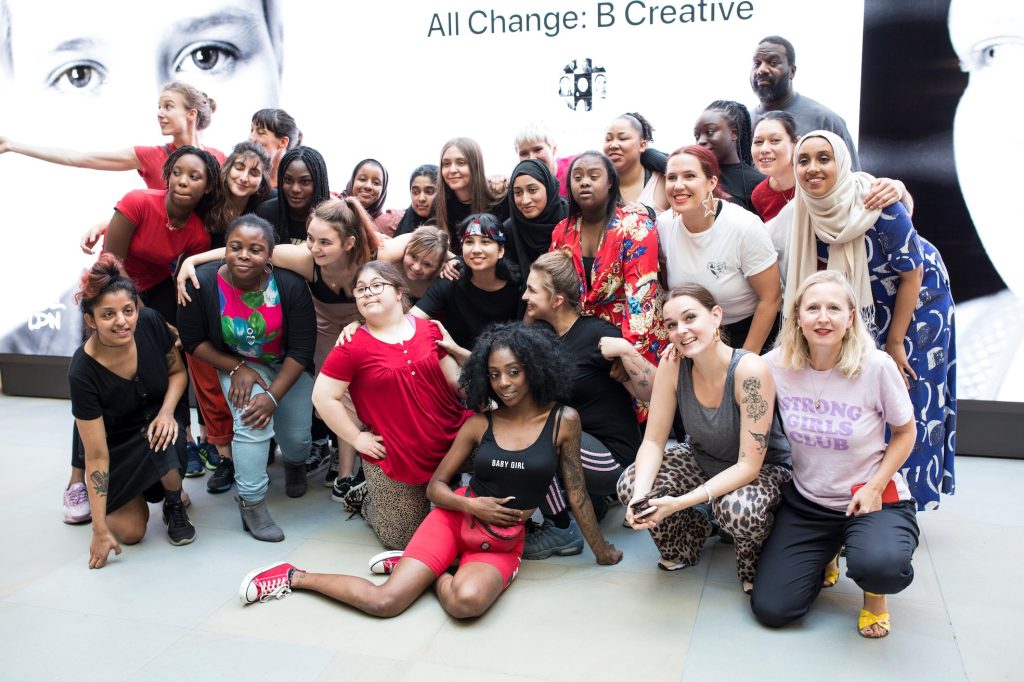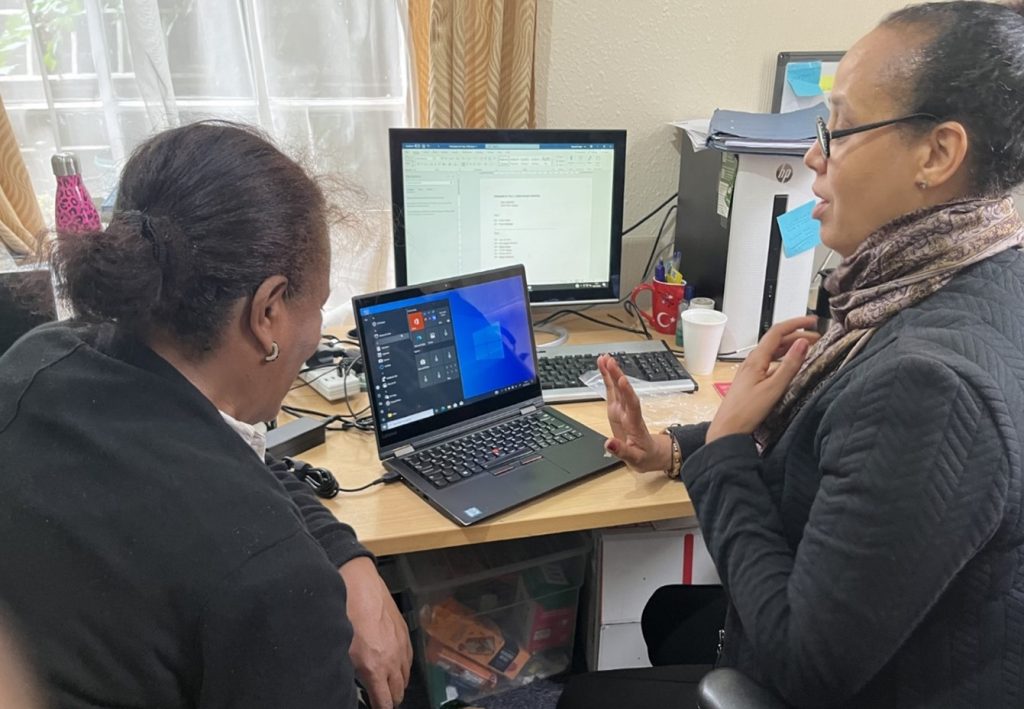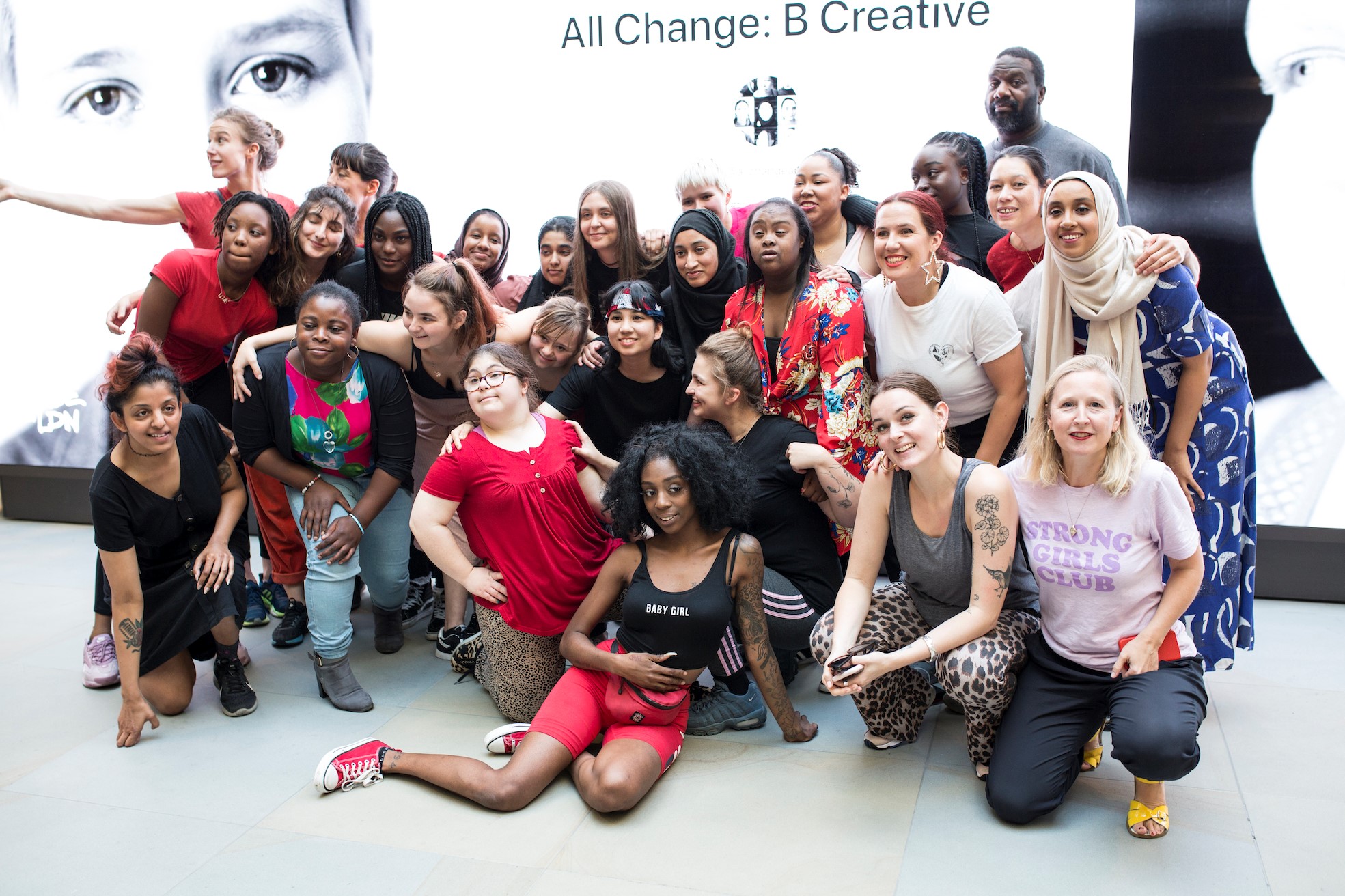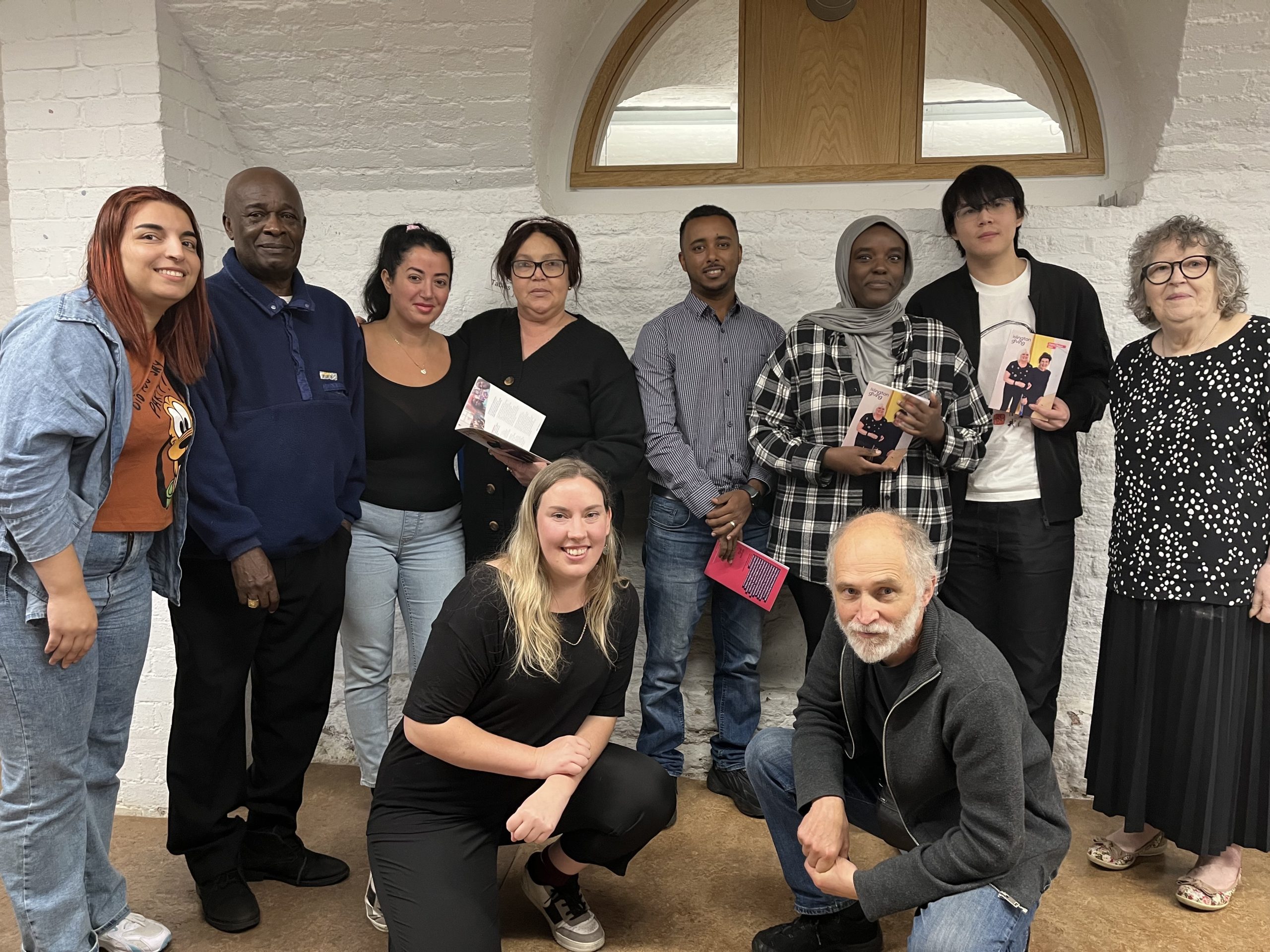
The small charity sector is a huge source of support, joy and help to the Islington community. However, as I alluded to in our introduction to Small Charity Week, while small charities are “the glue that help hold communities together,” (IVAR Report) these groups are under immense pressure both locally and nationally. Many are facing what the Small Charities Insight Report called “the scissors effect” – rising needs and falling income.
As local funders, anecdotally, we hear from many groups that fundraising has become harder, while the need for their services continues to increase. Certainly, we have received more applications to our recent open rounds and, in addition, are seeing more charities dipping into their reserves in order to meet increased costs. In 2020, across the UK, 22% of small charities reported having no reserves at all, while in 2021, 59% were using reserves.
Funders don’t always help in this respect. On the one hand, we want to see something in the bank for a rainy day, to ensure that a charity can sustain itself; on the other, part of our role is to is direct funding to organisations that need it most, so reserves too high might also be concerning. Reserves policies are important, but funders need to be flexible and understand the circumstances of each applicant rather than having one-size fits all policy. At Islington Giving and our parent charity Cripplegate Foundation we try to take this approach. While we generally like to see groups with three to nine months of reserves, we know this isn’t always possible and are happy to have a conversation with applicants.

In addition to delivering their core mission, small charities face a barrage of other challenges. Finding and retaining staff is an ongoing challenge. While most people enter the charitable sector because they want to make a difference, staff also need to earn a living. Small charities respond to the needs of local people, but increasingly, and particularly in London, the staff working in these organisations cannot afford to live in the area and are sometimes facing similar financial challenges to the people they are there to help. In addition, small charities provide few opportunities for promotion. A small staff team means there is often little scope for advancement, so skilled people move on quickly, seeking more senior roles.
“Funders need to be flexible and understand the circumstances of each applicant rather than having one-size fits all policy. At Cripplegate Foundation and Islington Giving we try to take this approach.” ~ Anne Shewring
We know that the dedication of the people working in small organisations is amazing. We see staff putting the needs of the people they are supporting before their own time and time again. It is what makes small organisations so important, but it’s also what leaves employees stressed, anxious and exhausted. With employees putting so much of themselves into their work, the mental health of their team is one of the biggest challenges on the radar of small charity leaders. We often hear about staff taking calls from service users in the evening, or at weekends, sometimes leaving home in order to provide emergency help. It’s awe inspiring but worrying too.
Earlier this year, with local funder, Cloudesley, Cripplegate Foundation ran a wellbeing day, offering lunch, some massage and mindfulness, and a chance for frontline workers to step away for a few hours. It wasn’t a lot, and didn’t change anything fundamentally, but we hope those who attended agreed with one participant who commented that the event “told the Voluntary Sector that a grant giving body knew how taxing and demanding working to support and provide much needed assistance can be.”
“As funders, we often talk about the importance of succession planning to ensure the sustainability of a charity or project, but we need to appreciate this is not easy.” ~ Anne Shewring
Of course, this all supposes small charities have paid staff. We fund many groups run by volunteers, who keep things going with hours and hours of unpaid work. We meet volunteers who are older, who worry about who will take over, and who keep going for fear of what it will mean for their project if they step away. I spoke to two organisations in recent weeks where the founders have contemplated stopping because of ill health or bereavement. As funders, we often talk about the importance of succession planning to ensure the sustainability of a charity or project, but we need to appreciate this is not easy.

Alongside staffing, funders ask charities to be working on efficiency, to have a fundraising strategy, a digital strategy, a climate sustainability strategy, a policy around diversity, equity and inclusion, to be developing their use of volunteers, to be recruiting and retaining strong trustees, who themselves are under increasing amounts of pressure, not to mention working better with the corporate sector. For a small charity, this is overwhelming. In a survey around digital development, 75% of small charities leaders said that squeezed organisational finances are the biggest barrier to making progress, but 70% said this is closely followed by “a lack of headspace and capacity.” While we want the sector to respond to all of the above, funders need to have more understanding when things fall between the cracks.
“Small charities are in the business of hope, whether it is providing hope to their beneficiaries, their communities or the world at large. They are driven by optimism.” ~ Rita Chada
As Rita Chada, CEO of the now defunct Small Charities Coalition, said, “Small charities are in the business of hope, whether it is providing hope to their beneficiaries, their communities or the world at large. They are driven by optimism.” They are why so many of us decide to work in the sector and the vehicle through which so much support, advice and community love is delivered. As funders, we need to be mindful that we exist because they do, and be prepared to bend the way we do things to help small charities continue to do what they do so brilliantly.
Anne Shewring, Programme Director Cripplegate Foundation and Islington Giving
Small Charity Week: Amplifying local voices
Islington Giving and Cripplegate Foundation are proud to support small charities across Islington. We are taking part in Small Charity week to play our part in raising the profile of small charities and the vital role they play in our community. We will be showing our love for local groups and charities, and sharing, talking about some of the issues they face and sharing some of their amazing stories this week and beyond. Please take the time to read their stories on our channels, find out more about the incredible local charities in your neighbourhood (you can find over 100 groups on our grantee map) or get involved by spreading the word using #LoveYourSmallCharity #SmallCharityWeek2024, or volunteering to support local projects if you can. If you are able, you can also support the work of small local charities by donating via Islington Giving or directly to local organisations.
Sources
- https://www.pilotlight.org.uk/static/assets/misc/Weston-Charity-Awards-Small-Charity-Leaders-Insight-Report-2020.pdf
- https://zoeamar.com/2024/04/18/three-early-insights-from-the-2024-charity-digital-skills-survey/
- https://www.smallcharityweek.com/resources
- https://smallcharitiesdata.org/topic/financial-stability-and-sustainability/
- https://www.ciphr.com/blog/understanding-and-tackling-the-top-hr-challenges-for-charities
- https://islingtonlife.london/discover-islington/blog/people-power/
- NPC-State-of-the-Sector-2024-Ready-for-a-reset.pdf (npproduction.wpenginepowered.com)
- The value of small – IVAR






